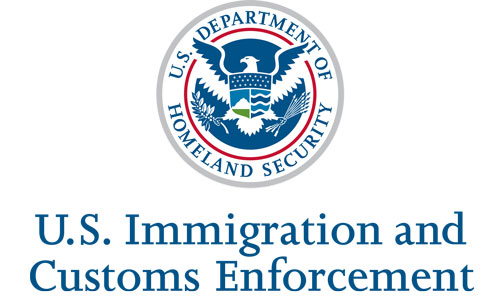A recent government analysis determined that the pandemic’s policy decisions produced “the most equitable” comeback in recent memory. The American Rescue Plan Act (ARPA) of the president, along with measures taken by local and state authorities, hindered the worst economic results for Black and Hispanic families amid the COVID pandemic. These families were the hardest hit at the time & have historically proven to be more susceptible to economic downturns, according to the study released by the Treasury Department on Monday and first published on Yahoo Finance. In conjunction with local assistance and Federal Reserve efforts, federal aid involving rental assistance, stimulus checks, and the elongated child tax credit helped maintain Black and Hispanic household finances, close the wealth gap, and improve some economic indicators compared to the pre-pandemic period.
Federal Programmes Assisted The Most Vulnerable
During the COVID crisis, millions of households, particularly those that were most economically vulnerable, benefited directly from the improvements made under ARPA. For starters, the federal government distributed $500 billion in (EIPs) Economic Impact Payments, also referred to as “stimulus checks,” to those who qualified. Each EIP was valued up to $1,400. Following the first as well as second distributions, which were overseen by the Trump administration, that was the third and largest wave of stimulus checks. The Earned Income Tax Credit (EITC), Child Tax Credit (CTC), along Child and Dependent Care Tax Credit (CFCTC) were all expanded as part of the ARPA, which also served to lower the percentage of children living in poverty.
Additionally, emergency grants were given to small firms, and the opportunity fund for small businesses allowed minority-owned companies to receive financial assistance. Along with offering a complete extension of COBRA health benefits, the ARPA program also reduced or eliminated premiums for insurance for millions of lower- & middle-income families. A $300 weekly additional payment was added to the standard $400 benefit for unemployment insurance. For people making less than $150,000, the initial $10,200 of these benefits were not subject to tax.
Helping To Maintain Housing Stability
The administration of Joe Biden also passed laws to encourage housing stability during the pandemic. The Homeowner Assistance Fund (HAF), which made $10 billion accessible to support homeowners, and the ERA (emergency rental assistance) program, which offered $46 billion to support renters, were both put into place. A household renting in a neighborhood with 75% Hispanic or Black renters earned $375 more on average than a household renting in a neighborhood with a 35% Black or Hispanic rental population. The HAF program, on the other hand, was created to assist current homeowners in preventing delinquencies or the possibility of foreclosure amid the epidemic. This statistic was crucial for Black and Hispanic families, whose homeownership rates in 2020 were significantly lower than those of white households (44% and 48% against 73.7%, respectively).
































